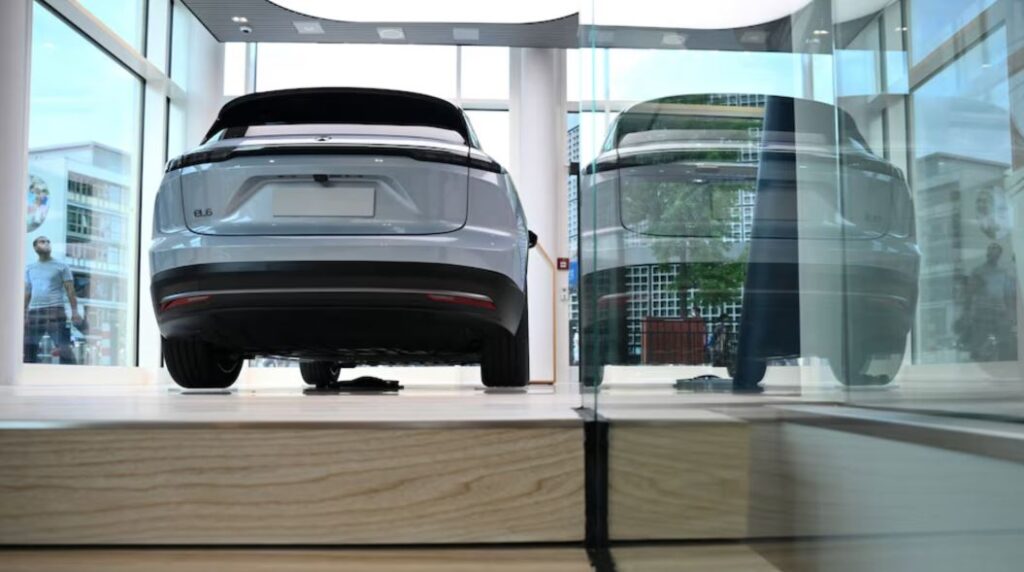
The European Union’s investigation into electric vehicles is stacked against Chinese manufacturers, not transparent and in violation of global trading rules, even before its outcome is known, a Chinese industry body said on Friday.
The European Commission launched an investigation last September into whether to impose punitive tariffs to protect European Union producers against cheaper Chinese electric vehicle imports it says are benefiting from state subsidies.
Shi Yonghong, vice president of the China Chamber of Commerce for Import and Export of Machinery and Electronic Products (CCCME), said he was concerned the findings would be “distorted and unobjective”.
His comments came after China’s top trade official warned Brussels against protectionism.
The CCCME, which is representing 12 Chinese EV producers in the case and had a hearing with the European Commission on Thursday, said its prime concern was over the EU’s executive’s choice of companies to sample.
These are BYD, Geely (0175.HK), and SAIC. However, it does not include the top exporters from China to the EU, which according to campaign group Transport & Environment were Tesla and Renault’s Dacia in 2023.
Yonghong told a press briefing that the Commission had departed from its principle of selecting the largest exporters and seemed to have purposely selected three Chinese-owned producers to reach predetermined findings of subsidisation.
“This biased sample selection has tainted the entire investigatory process,” he said.
Yonghong said the investigation also lacked transparency, with EU manufacturers granted anonymity and the EU providing inadequate data, such as on the assessment of injury to EU industry.
The European Commission said the investigation and its findings would fully respect EU and international obligations.
“Europe plays by the rules, within its borders and globally. This anti-subsidy investigation is thorough, fair, and fact-based,” a spokesperson said.
Yonghong said Chinese manufacturers were not harming EU carmakers. They concentrated on different market segments than EU counterparts, the EU industry had maintained a high market share and the key importers from China were the EU producers themselves, he said.
He added that several EU manufacturers had expressed opposition to the investigation. BMW has said the probe could do more harm than good.
Yonghong also said the case was a “perfect example of the EU’s double standards”, given that the EU was not taking any action against the near $400 billion of subsidies of the U.S. Inflation Reduction Act and was itself pumping billions of euros into battery and EV production.
